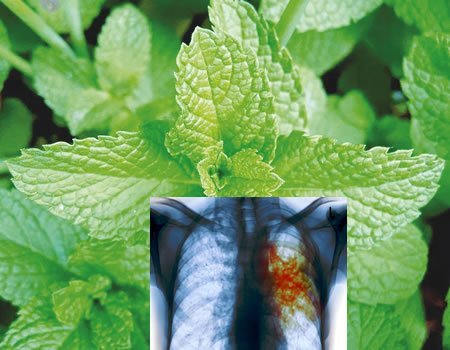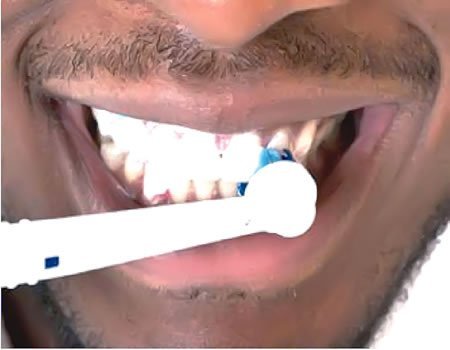Ahhhh. The sounds of summer: the crash of ocean waves, the crackle and bang of Fourth of July fireworks, the sizzle of burgers on the grill.
Unfortunately, the sounds of summer also include the whine of pesky mosquitoes. But there’s plenty you can do to turn down the volume of that buzz so you can enjoy the lazy, hazy days of summer.
Learning how to kill mosquitoes naturally is important beyond ensuring a comfortable backyard cookout. Mosquitoes present a health risk to everyone in the family — even Fido. Mosquito-borne diseases — which kill one million people worldwide every year — include malaria, yellow fever, encephalitis and, more commonly in the United States, West Nile Virus. Mosquitoes also carry heartworm, a life-threatening disease for dogs.
So, it’s worth the effort to control and kill mosquitoes around your house and to reduce your risk of getting bit. Here are some tips for mosquito control:
Don’t give mosquitoes a nearby place to breed
Most mosquitoes can fly no more than one to three miles, and some mosquitoes such as the Asian tiger mosquito have a flight range of just 100 yards or so. So they’re always looking for a place to land or a place to lay eggs, and water is an attractive option.
Eliminate standing water where mosquitoes breed by emptying the saucers for plants, hauling off old tires, cleaning rain gutters and frequently changing the water in birdbaths. Don’t leave pet bowls filled with water outside when your pets are indoors. Look out for water that gathers in pool covers, buckets and trash cans.
Walk around your property with an eye for puddles. Fix the problem, and mosquitoes won’t have a place to lay eggs.
Stock ornamental ponds with mosquito fish that eat the larva or treat them with larvicide mosquito rings sold at home and garden stores.
Don’t give mosquitoes a place to hang out during the day
Like their fellow bloodsuckers, vampires, adult mosquitoes rest during daylight. Mosquitoes spend daylight hours hiding among vegetation. Reduce mosquito shelter in your yard by trimming weeds and keep the grass short.
Spraying the lower limbs of shade trees, shrubs and other plants with home-use products containing deltamethrin and lambda-cyhalothrin can reduce the adult mosquito population, according to the American Mosquito Control Association.
Plant some natural repellents
You can grow a garden full of your own pest control by choosing plants that naturally keep mosquitoes at bay. There are all sorts of lovely herbs and flowers that look great but also have powerful repellent properties. An added plus: most of these plants also fight back against flies, gnats, no-see-ums and other pesky insects that make being outdoors not so fun in summer.
Some herbs to consider: basil, lavender, lemongrass, lemon thyme, mint, rosemary and lemon balm. If flowers sound more appealing, try marigolds or common lantanas.





